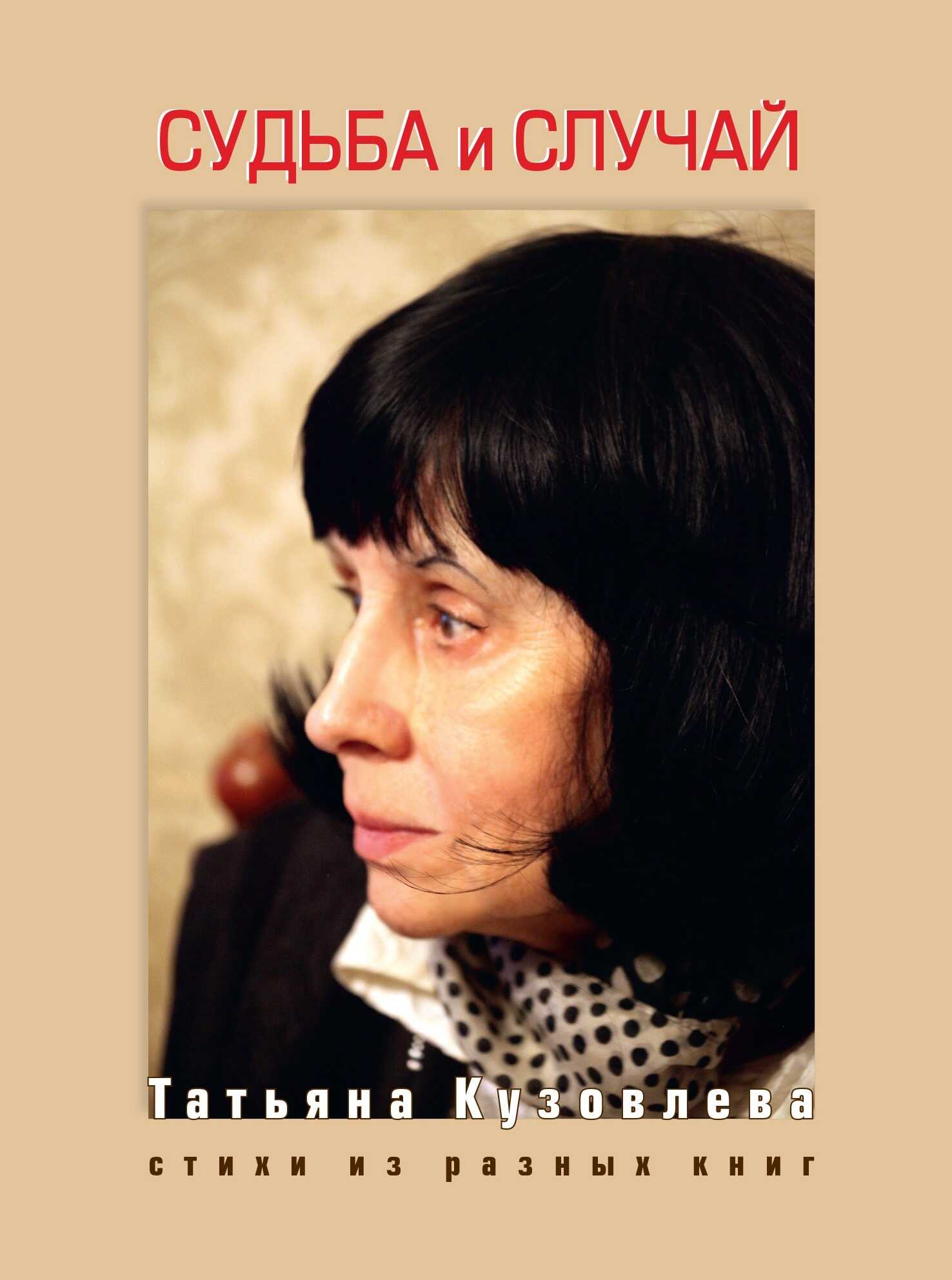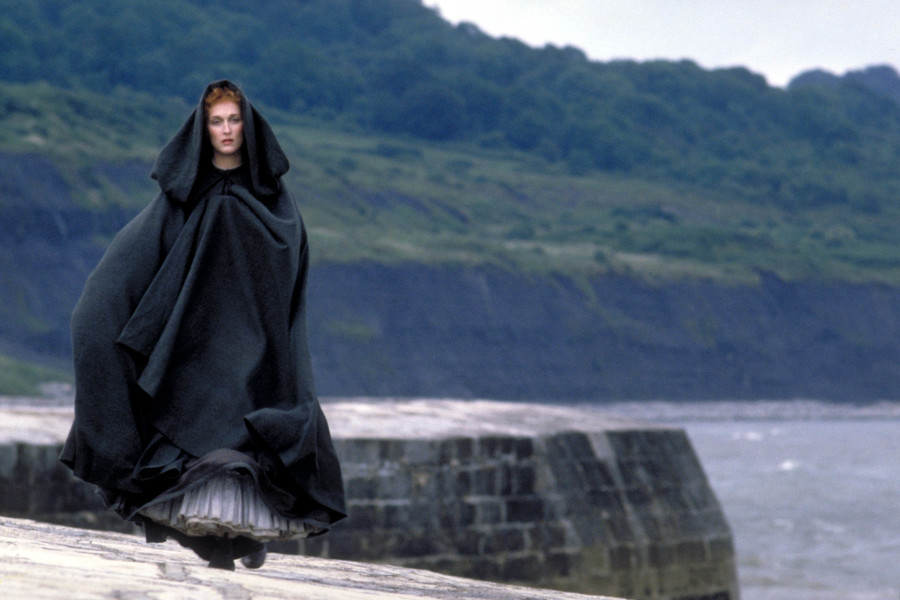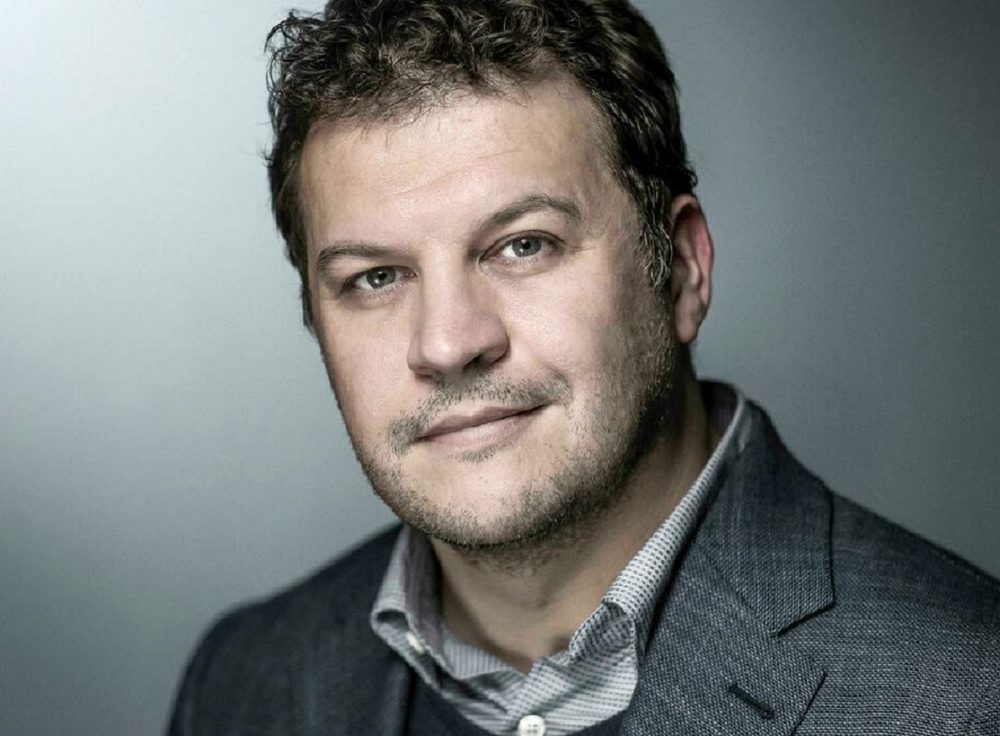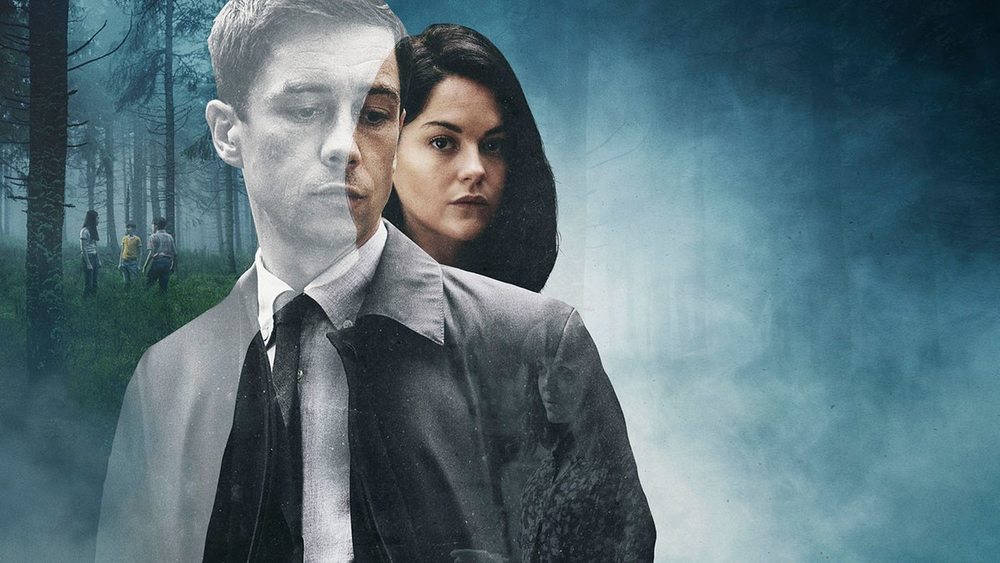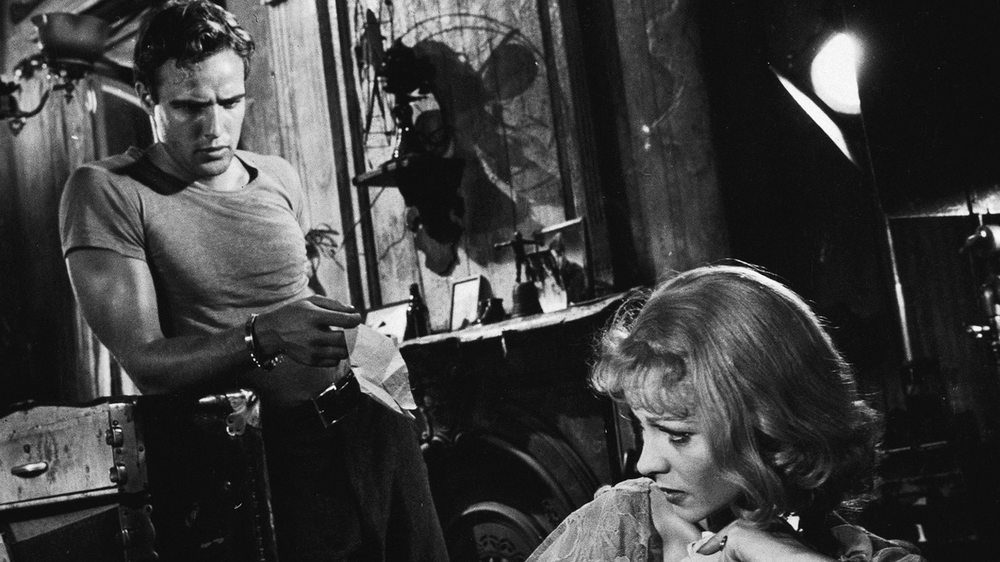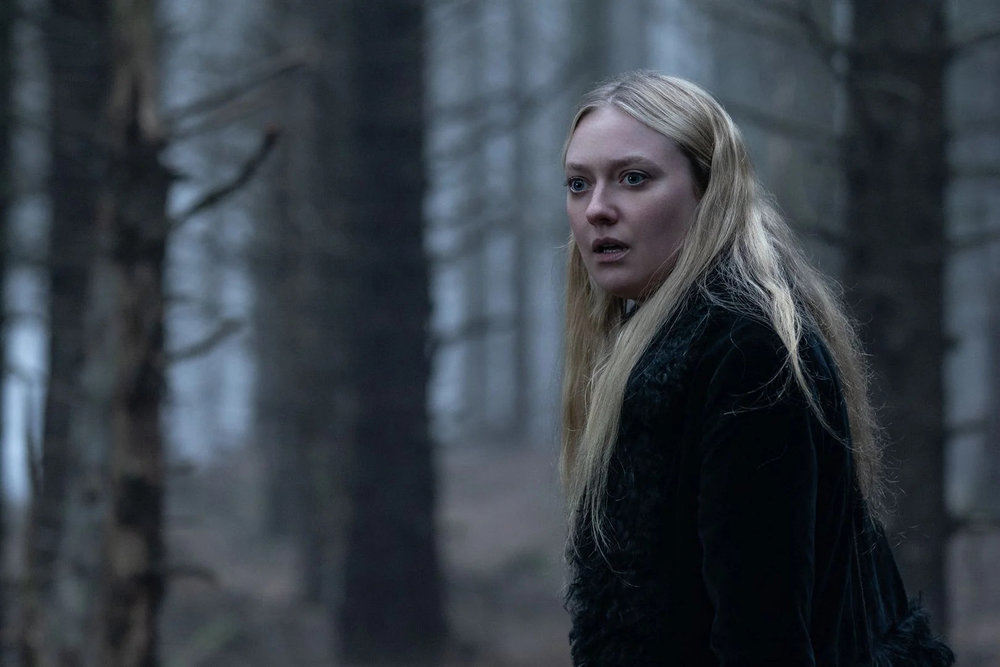Оптика документальности. Практики работы с памятью и историей в современном искусстве - Татьяна Леонидовна Миронова
Книгу Оптика документальности. Практики работы с памятью и историей в современном искусстве - Татьяна Леонидовна Миронова читаем онлайн бесплатно полную версию! Чтобы начать читать не надо регистрации. Напомним, что читать онлайн вы можете не только на компьютере, но и на андроид (Android), iPhone и iPad. Приятного чтения!
Шрифт:
Интервал:
Закладка:
Chaumier S. Les écritures de l’exposition // Écrire, traduire, réviser les textes expographiques. FORUM. International Journal of Interpretation and Translation. 2018. № 1. P. 45–51.
Christian Boltanski. Archive [Electronic resource]. URL: https://www.imj.org.il/en/collections/390529.
Christian Boltanski. Les Enfants de Dijon [Electronic resource]. URL: https://www.grandcafe-saintnazaire.fr/expositions/les-enfants-de-dijon/.
Christian Boltanski. Inventory of Objects Belonging to a Young Man of Oxford [Electronic resource]. URL: https://artsandculture.google.com/asset/inventory-of-objects-belonging-to-a-young-man-of-oxford-christian-boltanski/sAEUwzUcC6abAQ.
Christian Boltanski. Disappearance of a Tribe, 1939–1964 [Electronic resource]. URL: http://i-ac.eu/fr/collection/314_album-de-photos-de-la-famille-d-1939-1964-CHRISTIAN-BOLTANSKI-1971.
Christian Boltanski. 10 Portrait Photographs of Christian Boltanski, 1946–1964 [Electronic resource]. URL: https://specificobject.com/objects/info.cfm?object_id=8129#.YqetNnZBybg.
Christian Boltanski. Purim [Electronic resource]. URL: https://www.imj.org.il/en/collections/390523.
Davallon J. The Semiotic Power of Exhibition Spaces. Towards a New Conception of Museum Displays? // Hermes (France). 2011. № 1. P. 39–44.
Davallon J. L’Exposition à l’œuvre. Stratégie de communication et médiation symbolique. P.: L’Harmattan, coll. «Communication», 1999.
DeCoste F. C., Schwartz B. The Holocaust’s Ghost: Writings on Art, Politics, Law and Education. Edmonton, Alta.: University of Alberta Press, 2000.
De Jong Sh. The Witness as Object: Video Testimony in Memorial Museums. N. Y.: Berghahn Books, 2019.
Deleuze G. ‘What is a Dispositif?’ // Armstrong T. Michel Foucault. Philosopher. N. Y.: Harvester Wheatsheaf, 1992. Р. 159–168.
Disappearance of a Tribe. Deimantas Narkevicius. 2005 [Electronic resource]. URL: https://lux.org.uk/work/disappearance-of-a-tribe/.
Documenta I [Electronic resource]. URL: https://www.documenta.de/.
Edwards E. Thinking Photography Beyond the Visual? // Photography: Theoretical snapshots / Ed. by J. J. Long, A. Noble, E. Welch. L.; N. Y.: Routledge. 2009. P. 31–48.
Enwezor O. Archive Fever: Uses of the Document in Contemporary Art. N. Y.: International Center of Photography, 2008.
Eric Baudelaire. Letters to Max [Electronic resource]. URL: https://baudelaire.net/Letters-to-Max.
Eric Baudelaire. [sic] [Electronic resource]. URL: https://baudelaire.net/FILMS.
Eric Baudelaire. Un Film Dramatique [Electronic resource]. URL: https://www.imdb.com/title/tt10793640/.
Erll A. Memory in Culture. Basingstoke: Palgrave Macmillan, 2011.
Erll A. Travelling Memory in European Film: Towards a Morphology of Mnemonic Relatedness // Image [&] Narrative. Special Issue Audiovisual Memory and the (Re-)Making of Europe. 2017.
Ernst W. Archive as a metaphor [Electronic resource] // Archive public. URL: https://archivepublic.wordpress.com/texts/wolfgang-ernst/.
Esche Ch. Energy Lithuania // Scotini M, Deimantas Narkevičius. De Capo. Fifteen films. Berlin: Archive books, 2015. P. 74–81.
Esther Shalev-Gerz. Does Your Image Reflect Me? Hanover, Germany [Electronic resource]. URL: https://www.shalev-gerz.net/portfolio/does-your-image-reflect-me/.
Esther Shalev-Gerz. The Gold Room [Electronic resource]. URL: https://www.shalev-gerz.net/portfolio/the-gold-room/.
Feraris M. Art as Document // Wittgenstein and Aesthetics: Perspectives and Debates. Frankfurt: Ontos Verlag, 2012. P. 183–193.
Fields of Our Loneliness. Mittelbau-Dora Concentration Camp Memorial [Electronic resource]. URL: https://www.buchenwald.de/en/1101/.
Foster H. Archival Impulse [Electronic resource]. URL: http://isites.harvard.edu/fs/docs/icb.topic837293.files/FosterArchivalImpulse.pdf.
Foucault M. Power/Knowledge. Selected Interviews and Other Writings. 1972–1977. N. Y.: Pantheon Books, 1980.
Foucault M. The Subject and Power // Critical Inquiry. 1982. № 4 (8). Р. 777–795.
Fowkes M., Fowkes R. The Principles of Sustainability in Contemporary Art [Electronic resource]. URL: https://web.archive.org/web/20161128083258/http://greenmuseum.org/generic_content.php?ct_id=265.
Frisch M. A Shared Authority: Essays on the Craft and Meaning of Oral and Public History. Albany, NY: State University of New York Press, 1990.
From Generation to Generation: Inherited Memory and Contemporary Art. Contemporary Jewish Museum [Electronic resource]. URL: https://www.thecjm.org/exhibitions/2.
Frost T. The Dispositif between Foucault and Agamben // Law, Culture and the Humanities. 2018. № 3 (1). Р. 1–35.
Gibbons J. Contemporary Art and Memory: Images of Recollection and Remembrance. L.: I. B. Tauris, 2007.
Glicenstein J. Aesthetic experience and its dispositifs // Defragmentation: Curating Contemporary Music. Mainz, Schott Music, 2019.
Gombrich E. H. Art and Illusion. A Study in the Psychology of Pictorial Representation. London: Phaidon, 2004.
Goldsmith L. Letters to Max [Electronic resource]. URL: https://cinema-scope.com/spotlight/letters-max-eric-baudelaire-france/.
Gregory K., Witcomb A. The role of affect in generating historical understanding at heritage sites // Knell S., Macleod S., Watson S. Museum revolutions: how museums change and are changed. L.: Routledge, 2007. P. 263–275.
Hansen-Glucklich J. Holocaust Memory Reframed: Museums and the Challenges of Representation. New Brunswick, NJ: Rutgers University Press, 2014.
Harvey R. Witnesses. Beckett, Dante, Levi and the Foundations of Responsibility. N. Y.: Continuum, 2010.
Haymond J. A. The Muted Voice: The Limitations of Museums and the Depiction of Controversial History // Museum and Society. 2015. № 6 (13). P. 462–468.
Hirsch M. Family Frames: Photography, Narrative, and Postmemory. Cambridge, Mass.; L.: Harvard University Press, 1997.
Hirsch M. Introduction // The Familial Gaze / Ed. by M. Hirsch. Hanover; L.: Dartmouth College, University Press of New England, 1999.
His-story [Electronic resource] // gb agency. URL: https://gbagency.fr/artworks/his-story.
I Still See Their Eyes – The Vanished Jewish World [Electronic resource] // Sartle: see art differently. 2015. URL: https://www.sartle.com/artwork/i-still-see-their-eyes-the-vanished-jewish-world-michal-rovner.
Jewish Museum. Berlin [Electronic resource]. URL: https://www.jmberlin.de/.
Johnson P. Foucault and visual art’s adventurous spaces // Heterotopian Studies. 2015. № 3. P. 1–30.
Jones P. Museum architecture matters // Museum and Society. 2016. № 1 (14). P. 180–220.
Kiefer A. Occupations [Electronic resource]. URL: https://www.tate.org.uk/research/in-focus/heroic-symbols-anselmkiefer/difficult-reception-occupations.
Kuhn A. Family Secrets: Acts of Memory and Imagination. L., N. Y.: Verso, 2002.
Kuhn A. Memory texts and memory work: Performances of memory in and with visual media // Memory Studies. 2010. № 1 (10).
Kończyk L. The pedagogy of memorial sites // Journal of Education Culture and Society. 2001. № 1. Р. 15–22.
Kranz T. The Pedagogy of Remembrance as a Form of Museum Education // The Person and the Challenges. 2014. № 2. Р. 257–269.
LaCapra D. History and Memory after Auswitz. Ithaca, N. Y.: Cornell University Press, 1998.
Laughter and Forgetting. Meet Factory [Electronic resource]. URL: http://www.meetfactory.cz/en/program/detail/smich-a-zapomneni.
Linenthal E. The Boundaries of Memory: The United States Holocaust Memorial Museum // American Quarterly. 1994. № 46. Р. 406–433.
Lippard L. Six years: the dematerialization of the art object from 1966 to 1972; a cross-reference book of information on some esthetic boundaries. N. Y.: Praeger, 1973.
Living Landscape. Яд Вашем [Электронный ресурс]. URL: http://www.yadvashem.org/yv/ru/museum/gallery01.asp.
Lyon C. M., Nix E. M., Shrum R. K. Introduction to Public History: Interpreting the Past, Engaging Audiences. L.: Rowman & Littlefield, 2017.
Marcuse H. Holocaust Memorials: The Emergence of a Genre // The American Historical Review. 2010. № 115. P. 53–89.
Margalit A. The Ethics of Memory. Cambridge: Harvard University Press, 2002.
Markowska A. Can a definition of art limit itself to the wish to reconstruct the world based on better principles // Sustainable art facing the need for regeneration, responsibility and relations. Warsaw: Polish Institute of
Прочитали книгу? Предлагаем вам поделится своим отзывом от прочитанного(прослушанного)! Ваш отзыв будет полезен читателям, которые еще только собираются познакомиться с произведением.
Уважаемые читатели, слушатели и просто посетители нашей библиотеки! Просим Вас придерживаться определенных правил при комментировании литературных произведений.
- 1. Просьба отказаться от дискриминационных высказываний. Мы защищаем право наших читателей свободно выражать свою точку зрения. Вместе с тем мы не терпим агрессии. На сайте запрещено оставлять комментарий, который содержит унизительные высказывания или призывы к насилию по отношению к отдельным лицам или группам людей на основании их расы, этнического происхождения, вероисповедания, недееспособности, пола, возраста, статуса ветерана, касты или сексуальной ориентации.
- 2. Просьба отказаться от оскорблений, угроз и запугиваний.
- 3. Просьба отказаться от нецензурной лексики.
- 4. Просьба вести себя максимально корректно как по отношению к авторам, так и по отношению к другим читателям и их комментариям.
Надеемся на Ваше понимание и благоразумие. С уважением, администратор knigkindom.ru.
Оставить комментарий
-
 Гость Наталия30 июль 23:31
Спасибо автору. Книга интересная, увлекательная, легко читается, оставляет приятные впечатления. Желаю автору дальнейших...
Королева драконов - Анна Минаева
Гость Наталия30 июль 23:31
Спасибо автору. Книга интересная, увлекательная, легко читается, оставляет приятные впечатления. Желаю автору дальнейших...
Королева драконов - Анна Минаева
-
 Гость Татьяна30 июль 22:31
Душевная книга, очень люблю Михалкову, произведения всегда сочные, с неожиданным концом. Много личных историй героев, читаются...
Посмотри, отвернись, посмотри - Елена Ивановна Михалкова
Гость Татьяна30 июль 22:31
Душевная книга, очень люблю Михалкову, произведения всегда сочные, с неожиданным концом. Много личных историй героев, читаются...
Посмотри, отвернись, посмотри - Елена Ивановна Михалкова
-
 Гость Ольга30 июль 19:51
Двоякое впечатление от книги. С одной стороны, интересные истории пациентов, интересные рассказы об операциях, с другой - слишком...
На пути к сердцу. Записки кардиохирурга - Асланбек Аслудинович Дубаев
Гость Ольга30 июль 19:51
Двоякое впечатление от книги. С одной стороны, интересные истории пациентов, интересные рассказы об операциях, с другой - слишком...
На пути к сердцу. Записки кардиохирурга - Асланбек Аслудинович Дубаев

